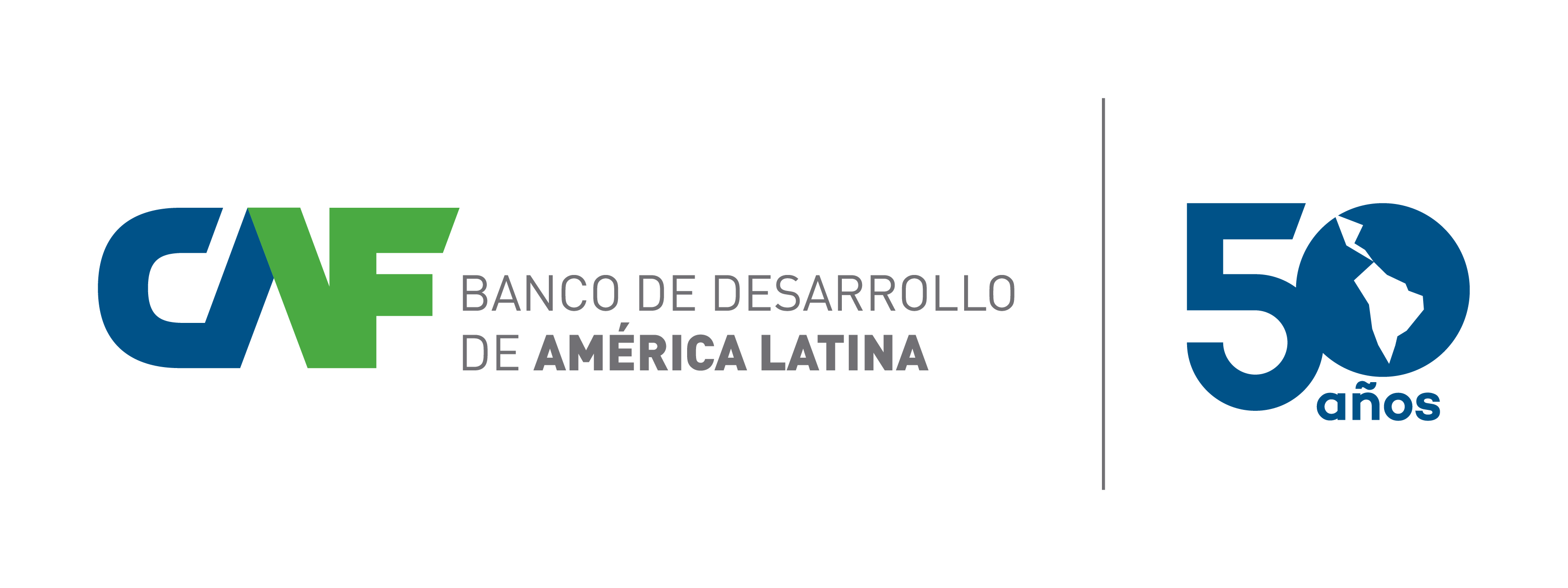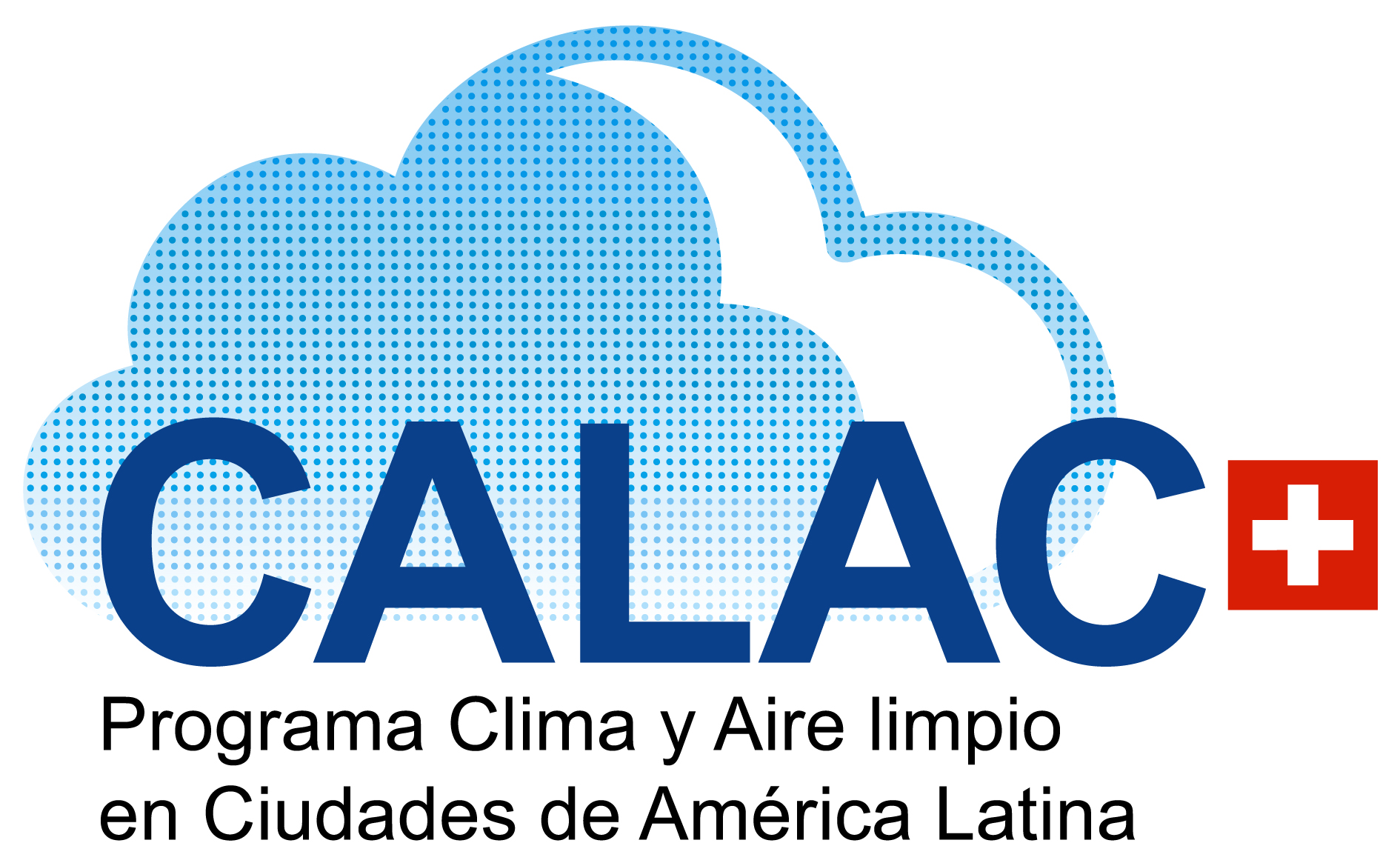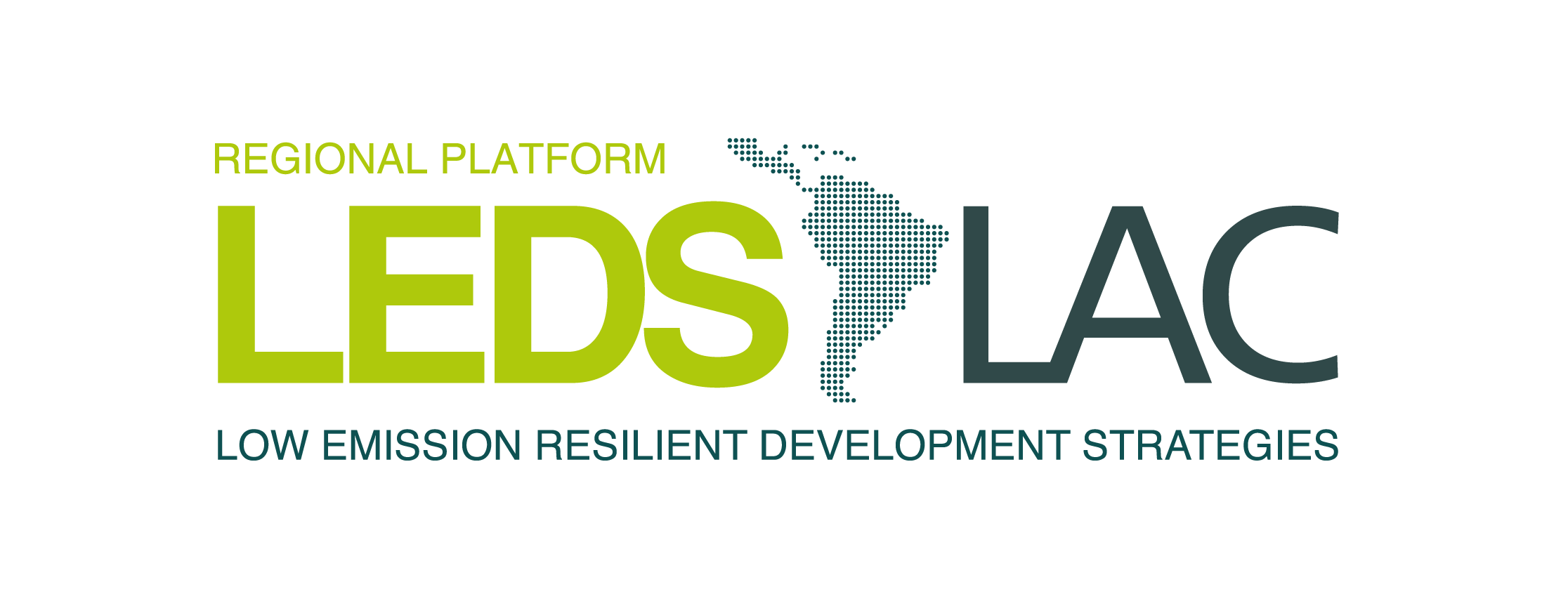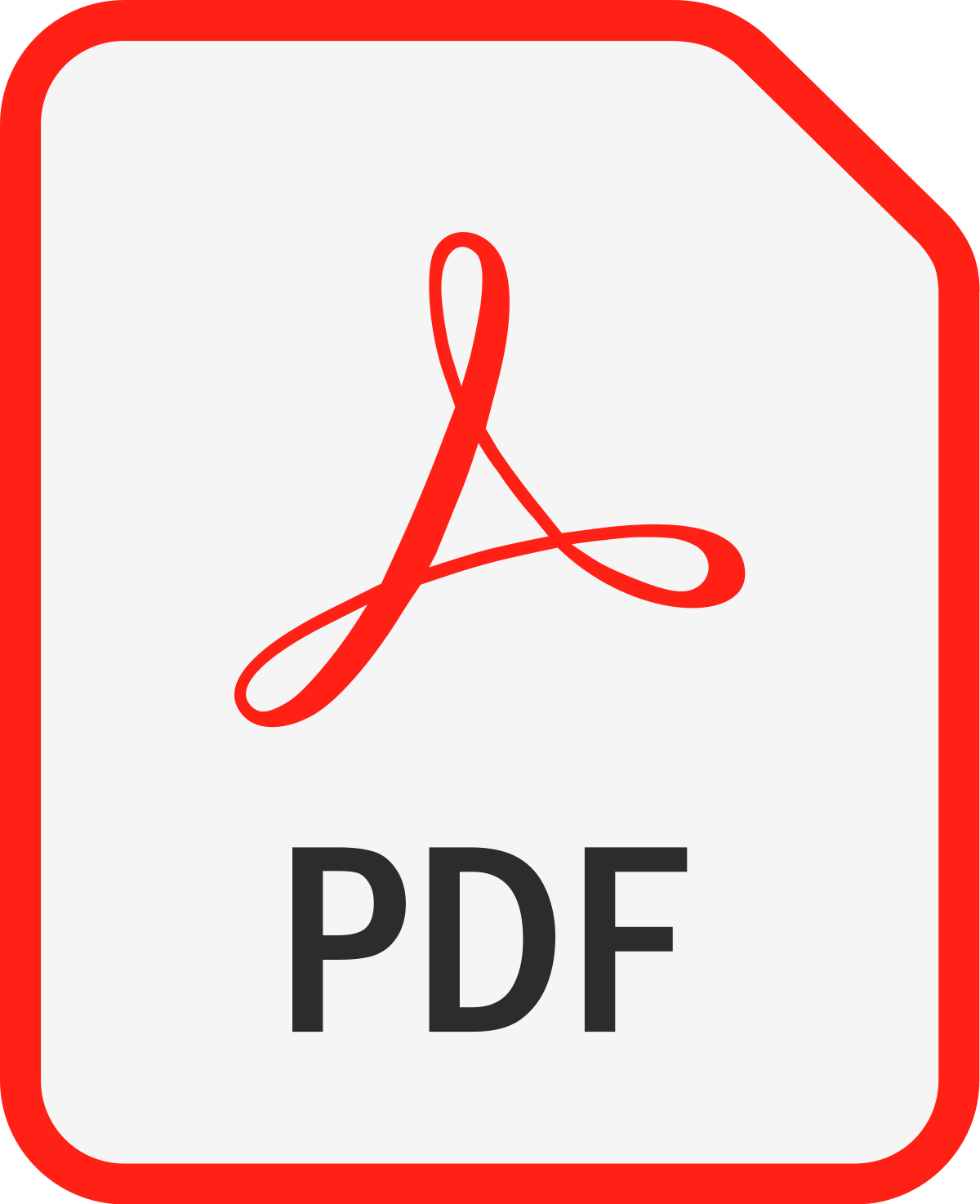About the event
Electric mobility in the context of a green recovery: towards the adoption of electric buses in LAC
This workshop is organized by the Transport Working Group of the LEDS LAC Regional Platform, coordinated by Asociación Sustentar, together with the Development Bank of Latin America CAF and the "Soot-free and Low Carbon Buses" Initiative of the Climate and Clean Air in Latin American Cities Program CALAC+. It is part of the thematic axis "Decarbonizing transport for a sustainable and resilient recovery" of the Joint Regional Event "Climate Action in times of crisis", organized by LEDS LAC, EUROCLIMA+, IDB and UNDP. This event is organized with the intention of joining the efforts of important initiatives, programs and organizations in the Latin American and Caribbean region that work to promote climate action and the transformation of development in the countries of the region.
The workshop will consist of three closed sessions, by invitation, to be held on October 13, 14 and 16 from 9:00 am to 11:30 am Lima time. The sessions are structured around three focuses:
- Infrastructure and technologies available for the operation of electric buses
- Financing for the adoption and sustainability of electric buses in public transport
- Articulation mechanisms for the implementation of e-mobility in public transport
The objective of the workshop is to promote peer-to-peer exchange, during which cities can learn from other cities in similar or different situations and receive input from organizations involved in the financing and promotion of electric mobility in the region.
Agenda
Day 1: Infrastructure and technologies available for the operation of electric buses
13/10/2020
Time: 09:00 hrs (Peru/Colombia) - 11:00 hrs (Argentina/Chile)
The first day will focus on the infrastructure and technology required to adopt electric buses in urban public transport systems. It will include a presentation of the participating cities and the context of each one, and the testimony of a city in the region regarding its experience in identifying and analyzing the different available technologies and infrastructure for electric buses. The session will be mainly practical in nature, with a group activity in which participants will identify the main obstacles they experience when selecting the most appropriate technology for their cities, and possible short and medium term actions to overcome them.
Event of the thematic axis Transportation in charge of.






